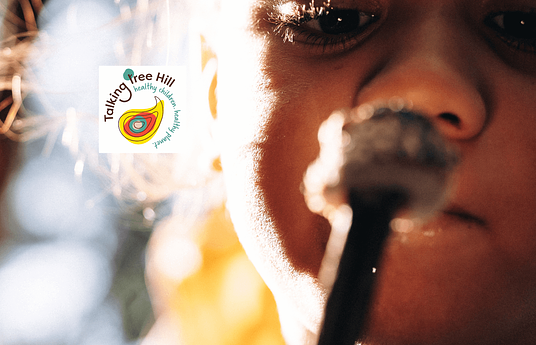Why Does Protsahan Exist?
Protsahan is a Hindi word that literally translates to Encouragement.
In the neighborhood where Protsahan’s Center of Excellence was established in 2010, a large population of young adolescent girls (0.4 million) has been completely neglected by the parents and the community. 83% girls did not have access to safe learning spaces, psychosocial counseling services, creative life skills, access to information & internet, quality education, toilets, clean drinking water, proper nutrition, or adequate healthcare. Parents prefer to spend money on the sons instead of daughters because it is considered that only sons would grow up to assume financial responsibility of the family, and bring in dowry when they get married. Daughters, the parents believe, cost them dowry at the time of their wedding and leave homes after marriage, and hence they don’t invest in their education, healthcare, or empowerment at all. They are married as child brides so that parents have to spend less on the dowry or education. These factors combine into a very explosive situation for the girls with as many as 89% girls reporting sexual violence before they turned 12 in the urban slum communities where we work. Protsahan believes that a sustainable solution lies in understanding this intersectionality which is pertinent to empowering the agency of an adolescent girl who gets constantly disempowered at every step of her life. This philosophy is the foundation of our HEART principle - Holistic Healing (of Abuse & Trauma), Education, Art interventions for Life Skills training, Recovery, and Technology.
To address this situation and give agency to the adolescent girls, Protsahan India Foundation works with vulnerable and at-risk populations of adolescent girls using the creative power of Arts and Technology to:
- Empower adolescent girls and promote gender equity
- Promote life skills among adolescent girls based on our H.E.A.R.T. work model
- Promote menstrual health & hygiene, and educate adolescent girls about sexual & reproductive health
- Promote mental & physical health and well being, prevent and heal the trauma of child abuse by transforming broken childhoods and adolescence into educated, psychologically healed & financially empowered women
We work directly with girls at our center in Delhi to usher them into a dignified adulthood with non-negotiable high school education, and life skills that lead them towards psycho-social and socio-economic stability. We also work directly with school teachers through strategic partnerships and collaborations across the country that impact more than 28000 adolescent girls each year.
What Would Happen If Protsahan Did Not Exist?
If Protsahan did not exist, the girls in this community would not have had access to education, resources and knowledge about menstrual health & hygiene, personal safety, life skills, or reproductive health and rights.
- 828 girls would have ended up in extremely vulnerable situations as child brides, victims of incest and child sexual abuse, out of school, and completely devoid of healthy adolescence.
- All of these girls now have access to trauma informed compassionate care through arts, support for school enrollment and academics, access to learning computers, toy libraries, martial arts, family counseling to keep them in school and continue with higher education, psycho-social counseling, healthcare, and nutrition. 84% of these girls have shown a marked increase in their school results, improved learning outcomes, and are becoming truly empowered.
- 28000 girls would not have been reached each year and made aware about menstrual health & hygiene, sexual & reproductive health & rights, and child protection services. They would not have gone on to make powerful cinema (feature length films) and curate issue based photo exhibitions that shook their communities out of apathy towards adolescent girls and take concrete action towards building toilets, reporting child abuse on 1098 national helpline, enrolling them in schools, and delaying the age of marriage from 13 to 21.
- 1200 teachers would not have been mobilized as child rights ambassadors who currently work with different health and education focused organizations in the country. Protsahan has reached out to them through specific child protection training workshops that focus on POCSO Act (Protection of Children from Sexual Offences Act), CSA, and the intersectionality between child protection and child development.
- Each year, 120-200 girls from most vulnerable backgrounds would not have access to life skills training at Protsahan which includes personal safety education (good touch bad touch and training against child sexual abuse), critical & creative thinking, everyday problem solving & decision making, effective communication & social skills, interpersonal relationships, coping with emotions & stress, self awareness & self-worth, greater participation in governance, entrepreneurship development, leadership building & social enhancement, ease of accessing digital services, awareness of rights & entitlements, financial inclusion, mentorship & career counseling etc.
These girls come from one of the most underserved communities in the national capital of India, consisting mostly of migrant families from remote parts of the country.
At the center, each of our girls has access to a safe learning space, quality life skills education and academic support through high school, proper nutrition, basic healthcare, clean drinking water, clean toilets, knowledge on menstrual hygiene and menstrual pads as per her requirements, and a space to realize her self-worth through the creative power of arts & technology with trauma informed compassionate care.

